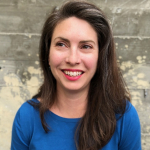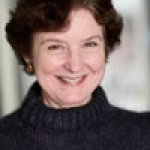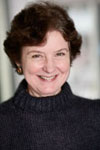
Ms. Lex Leifheit
Know Better, Learn Faster
Posted by Jul 07, 2010

Ms. Lex Leifheit
“And I need you to be better than me
And you need me to do better than you.”
—Thao With The Get Down Stay Down, “Know Better, Learn Faster”
Over a week has passed since the 50th Anniversary Summit, and what a whirlwind week it was. Back at SOMArts Cultural Center we closed out an amazing turnaround year. We more than doubled our gallery attendance, revived our intern and volunteer programming, launched a website, renovated our lobby and office spaces, invested in long-overdue equipment upgrades, fought to protect our city funding, and lived to tell about it. And yet, in many ways we are just catching up. There’s so much to do and it feels like the more we succeed, the more people we connect to who have urgent needs and high expectations. Such is the life of a thriving nonprofit.
At convention, I connected with peers who had similar stories. We’re all exhausted. So we sat in the audience and listened to panels talk about new models, veering between skepticism and hope.
I came to convention still stubbornly hanging on to the idea that a “new model” was a structure I could study and apply to my organization—that magical combination of for-profit innovation, technology application and nonprofit altruism.
I left convention having reached the conclusion that we need to stop treating “new model” like a noun, in panels or anywhere else, when what we’re talking about is changing the system. We’re asking how we can achieve dramatic organizational change necessitated by the factors mentioned above, but succeeding via thoughtful communication and a process of enrolling (vs. influencing) stakeholders in one’s vision.
Read More













